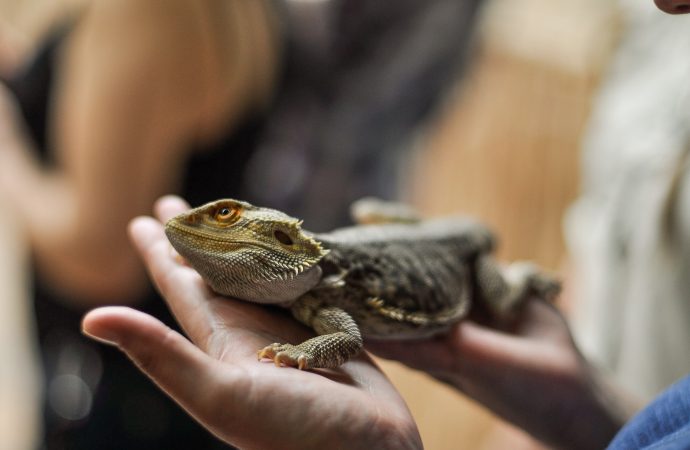Introduction: The allure of keeping reptiles and amphibians as house pets has grown in recent years. These captivating creatures offer a unique and intriguing alternative to more traditional pets. However, the ethical implications of keeping these animals in captivity have sparked debates among animal welfare advocates and pet enthusiasts alike. In this article, we delve
Introduction:
The allure of keeping reptiles and amphibians as house pets has grown in recent years. These captivating creatures offer a unique and intriguing alternative to more traditional pets. However, the ethical implications of keeping these animals in captivity have sparked debates among animal welfare advocates and pet enthusiasts alike. In this article, we delve into the complex ethical considerations surrounding the ownership of reptiles and amphibians as house pets.
1. Conservation and Wildlife Concerns:
One of the primary ethical concerns surrounding the keeping of reptiles and amphibians as pets is the impact on conservation and wildlife populations. Many of these species are native to specific regions and ecosystems, and capturing them for the pet trade can have detrimental effects on their wild populations. Irresponsible collection methods and habitat destruction further exacerbate these concerns. Ethical pet owners should prioritize purchasing captive-bred animals from reputable breeders to minimize the impact on wild populations.
2. Proper Care and Welfare:
The ethical responsibility of pet ownership extends to providing proper care and welfare for reptiles and amphibians. These creatures have specific environmental requirements, including temperature, humidity, and lighting conditions, as well as dietary needs. Owners must invest time, effort, and resources to ensure their pets’ well-being. Failure to meet these requirements can lead to stress, illness, and a compromised quality of life for these animals. Ethical pet owners must educate themselves and commit to providing optimal care for their reptile or amphibian companions.
3. Education and Public Perception:
Reptiles and amphibians kept as pets can serve as educational ambassadors, helping people learn about these fascinating creatures and promoting environmental awareness. However, there is an ethical responsibility to ensure that the educational component is accurate and focuses on promoting conservation and responsible pet ownership. Educating pet owners and the public about the proper care, natural behaviors, and conservation concerns related to these animals can help foster a deeper understanding and empathy towards reptiles and amphibians.
4. Legal Considerations and Regulation:
The ethical dimension of keeping reptiles and amphibians as house pets also intersects with legal considerations and regulations. Different countries and regions have varying laws regarding the ownership and trade of certain species. Some reptiles and amphibians are protected by international agreements, such as the Convention on International Trade in Endangered Species (CITES). Ethical pet owners should be aware of and comply with applicable laws and regulations to ensure that their pet acquisition and ownership are legal and sustainable.
5. Individual Species Considerations:
It is crucial to recognize that not all reptiles and amphibians are suitable for captivity. Some species have complex environmental needs, specific dietary requirements, or grow to sizes that are challenging to accommodate in a home setting. Ethical pet owners must research and consider the natural behaviors, habitat requirements, and long-term care needs of the specific species they wish to keep. Choosing species that are more adaptable to captivity and ensuring their needs can be met is essential for ethical pet ownership.
Conclusion:
The ethical considerations surrounding the keeping of reptiles and amphibians as house pets are multifaceted and require careful reflection. Conservation concerns, proper care and welfare, education, legal considerations, and individual species considerations all play significant roles in the ethical decision-making process. It is crucial for prospective owners to educate themselves, seek reputable sources of information, and make informed choices that prioritize the well-being of the animals and contribute to the conservation of these captivating creatures in the wild.

















Leave a Comment
Your email address will not be published. Required fields are marked with *